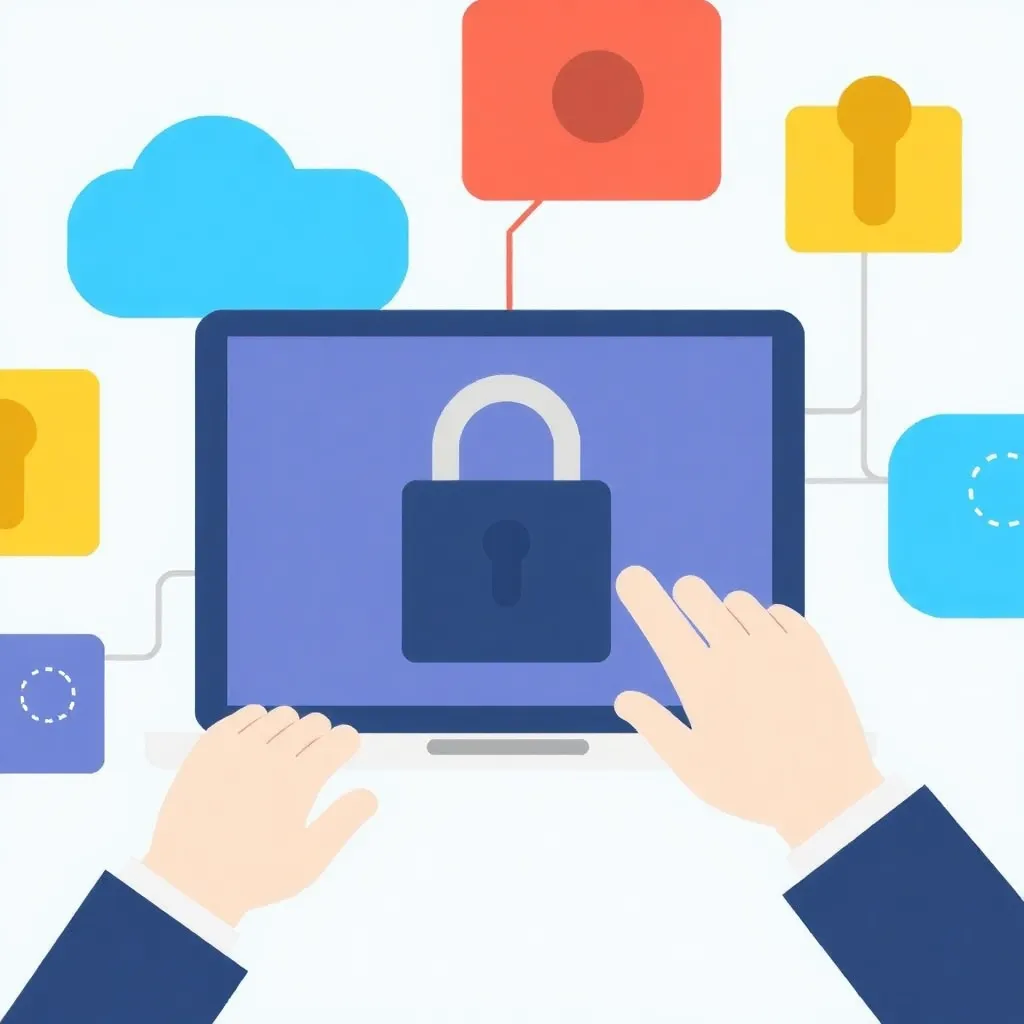
Technology
How to Protect Your Online Privacy


DINKAR
10/28/2024
In today’s digital age, protecting your online privacy is more important than ever. With increasing cyber threats, data breaches, and intrusive tracking, individuals must take proactive measures to safeguard their personal information. This comprehensive guide will provide you with practical tips and effective tools to help you maintain your online privacy.
Understanding Online Privacy
Before diving into tips and tools, it’s crucial to understand what online privacy entails. Online privacy refers to the ability to control the access and use of your personal information on the internet. This includes your browsing history, location data, online communications, and more. With the rise of social media, mobile apps, and e-commerce, the amount of personal data collected has skyrocketed, making it imperative to take steps to protect yourself.
1. Use Strong, Unique Passwords
One of the simplest yet most effective ways to enhance your online privacy is by using strong, unique passwords for each of your accounts. Weak passwords are easily guessable, making it easy for hackers to gain access to your sensitive information. Here are some tips for creating strong passwords:
- Length: Aim for at least 12 characters.
- Complexity: Use a mix of uppercase letters, lowercase letters, numbers, and special characters.
- Avoid Common Words: Steer clear of easily guessable words like "password" or your name.
- Password Manager: Consider using a password manager to generate and store complex passwords securely.
2. Enable Two-Factor Authentication (2FA)
Two-factor authentication adds an extra layer of security to your online accounts. With 2FA enabled, you’ll need to provide a second piece of information (usually a code sent to your phone) in addition to your password when logging in. This makes it significantly harder for unauthorized users to access your accounts, even if they have your password.
3. Be Cautious with Public Wi-Fi
Public Wi-Fi networks, such as those in cafes or airports, are notoriously insecure. When using public Wi-Fi, your data can be intercepted by cybercriminals. Here are some tips to protect yourself while using public networks:
- Use a VPN: A Virtual Private Network encrypts your internet connection, making it much harder for hackers to access your data.
- Avoid Sensitive Transactions: Refrain from accessing sensitive accounts (like banking) or making purchases when on public Wi-Fi.
- Turn Off Sharing: Disable file sharing and other sharing settings when connected to public networks.
4. Adjust Privacy Settings on Social Media
Social media platforms collect a wealth of personal data. To protect your privacy, take the time to review and adjust your privacy settings. Here are some key areas to focus on:
- Profile Visibility: Limit who can see your profile and posts. Opt for "Friends Only" or "Private" settings.
- Location Sharing: Disable location tagging features to prevent others from seeing your whereabouts.
- Third-Party Apps: Review and remove any third-party apps that have access to your social media accounts.
5. Be Mindful of the Information You Share
Every time you share information online, you increase your digital footprint. Be mindful of what you post and who can see it. Here are some guidelines to follow:
- Think Before You Post: Consider the potential consequences of sharing personal information, such as your address, phone number, or even vacation plans.
- Limit Personal Details: Avoid sharing excessive personal information that could be used to identify you or compromise your security.
6. Use Privacy-Focused Search Engines and Browsers
Traditional search engines often track your searches and online activity. Consider switching to privacy-focused alternatives that don’t track your behavior. Here are a few recommendations:
- DuckDuckGo: A search engine that doesn’t track your searches or store your personal information.
- Brave Browser: A browser that blocks ads and trackers, providing a faster and more private browsing experience.
7. Install Security Software
Investing in reliable security software is essential for protecting your online privacy. Look for comprehensive solutions that include features such as:
- Antivirus Protection: To safeguard against malware and viruses.
- Firewall Protection: To monitor incoming and outgoing network traffic.
- Ad Blockers: To block intrusive ads and tracking scripts.
8. Regularly Update Software and Devices
Keeping your software and devices up to date is crucial for maintaining security. Software updates often include patches for known vulnerabilities that hackers can exploit. Here’s how to stay current:
- Enable Automatic Updates: Turn on automatic updates for your operating system, apps, and security software.
- Regularly Check for Updates: Even with automatic updates enabled, periodically check for updates to ensure everything is current.
9. Be Aware of Phishing Scams
Phishing scams are deceptive attempts to obtain sensitive information by pretending to be a legitimate source. To protect yourself from phishing:
- Be Skeptical of Unsolicited Emails: Verify the sender's email address and avoid clicking on links or downloading attachments from unknown sources.
- Look for Red Flags: Watch out for poor grammar, urgent requests, and unfamiliar URLs.
10. Review Privacy Policies
Whenever you sign up for a new service or app, take a moment to read its privacy policy. This document outlines how your data will be collected, used, and shared. Be cautious of services that share your data with third parties without your consent.
Conclusion
Protecting your online privacy is an ongoing process that requires vigilance and proactive measures. By implementing the tips and tools outlined in this guide, you can significantly reduce your risk of falling victim to cyber threats and maintain control over your personal information. Stay informed and stay safe in the digital world!